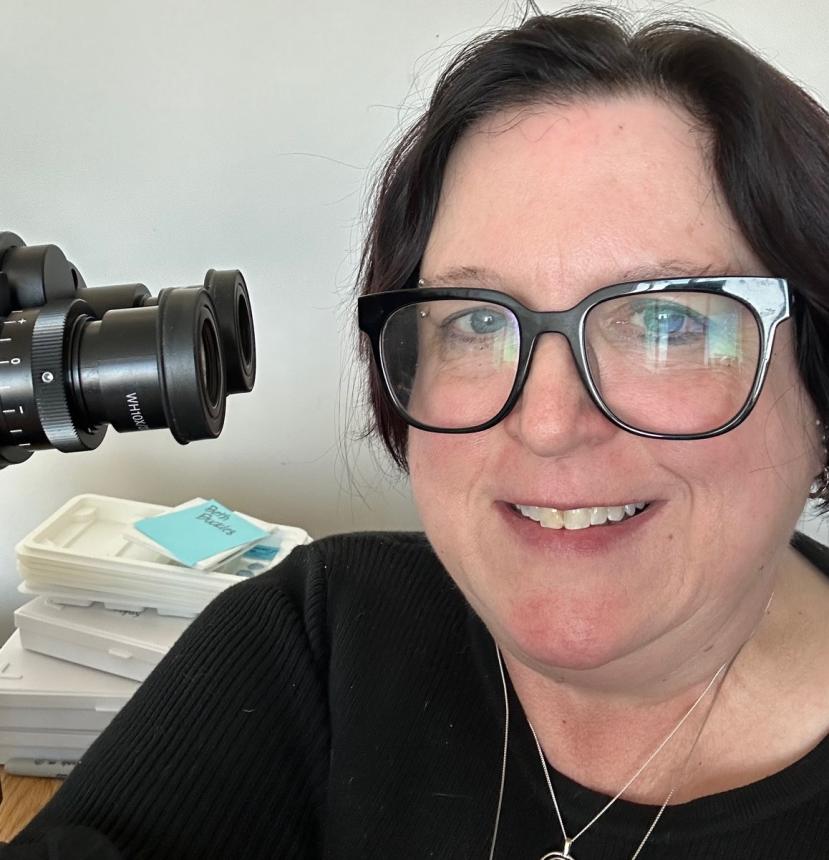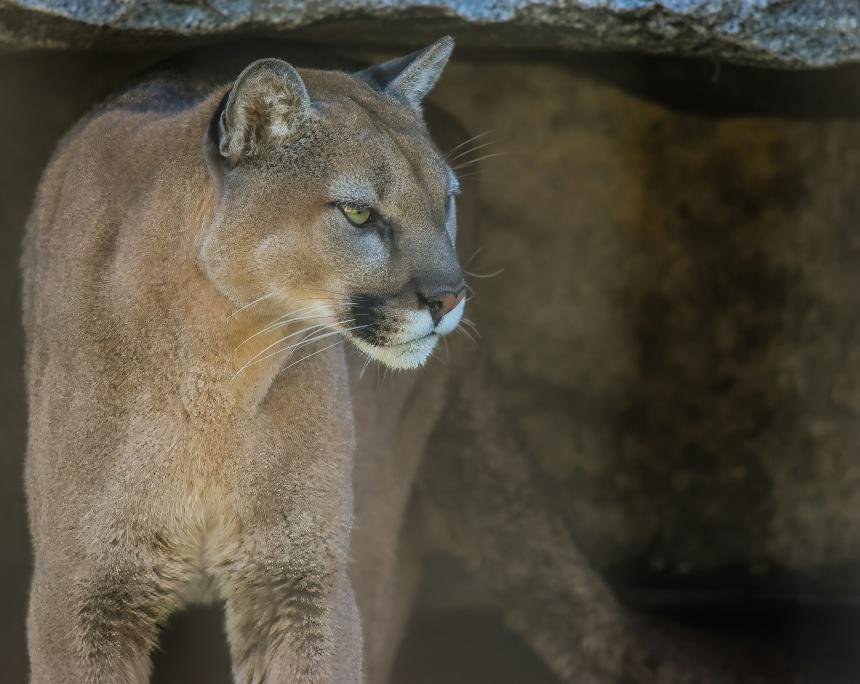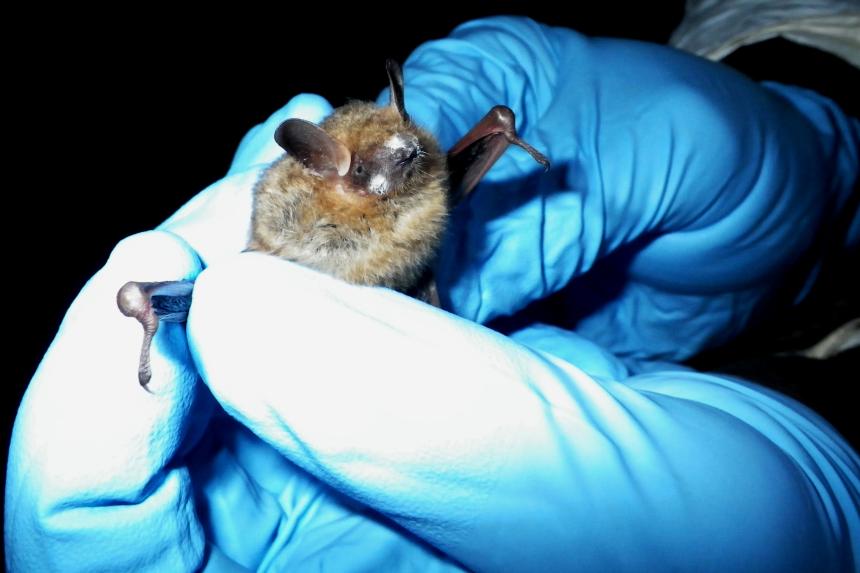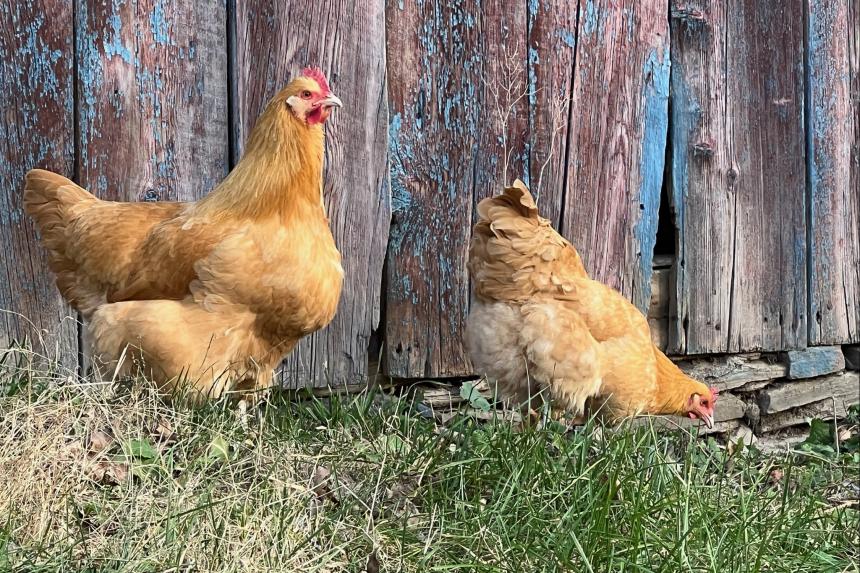In the News

Blog
November 05, 2024
Ithaca may pride itself on being “gorges”, but in my opinion the best part of living in the Finger Lakes is Autumn! The changing leaves, crisp air, and fall sunshine make this the perfect time of year to walk dogs, hike local parks, go wine tasting, and of course, make large amounts of apple butter....

September 06, 2024
A cougar in Colorado was found to be infected with a fatal neurologic syndrome called staggering disease. This is the first confirmed case of the disease in North America among wildlife or domestic animals. Cornell's Dr. Elizabeth Buckles comments on the implications of this diagnosis.

September 26, 2022
The U.S. Fish and Wildlife Service is proposing listing the tricolored bat as endangered after its population declined due to white-nose syndrome. Cornell's Dr. Elizabeth Buckles notes that the tricolored bat in particular has been in trouble for a long time and that this decision is long overdue.

April 19, 2022
Dr. Elizabeth Buckles, assistant clinical professor and wildlife pathologist at Cornell University College of Veterinary Medicine, says it's important to keep chickens and turkeys away from wild birds to prevent the H5N1 virus from entering our food supply.

January 09, 2020
by
Elizabeth Buckles
The news is depressing. A recently released article in Science by my colleagues at the Cornell Laboratory of Ornithology shows that 3 billion birds have vanished in the lasts 50 years….

October 07, 2019
Cornell's wildlife experts weigh-in on the impact of white-nose syndrome, a fungus that has been devastating bat populations across North America, with a mortality rate that can often reach 90 to 100 percent.

For Your Information
October 01, 2019

When the Cornell Wildlife Health Lab investigates mortalities in wildlife, our specially trained pathologists use diagnostic tools to crack the case....

June 05, 2018
In this feature article, Wildlife Watchers, learn how Cornell Wildlife Health Center scientists are turning discoveries into real-world solutions, and how our research and surveillance protects nature across New York State.
